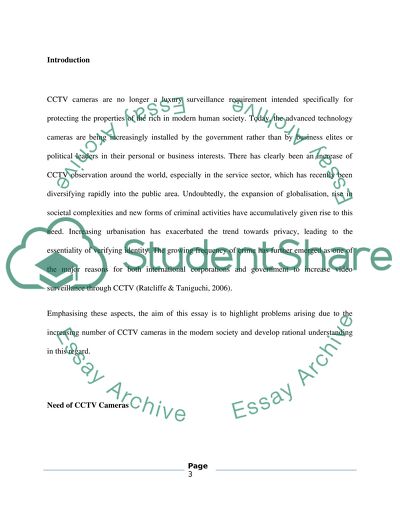Cite this document
(“CCTV argument supporting the idea Essay Example | Topics and Well Written Essays - 1500 words”, n.d.)
Retrieved from https://studentshare.org/english/1480095-cctv-argument-supporting-the-idea
Retrieved from https://studentshare.org/english/1480095-cctv-argument-supporting-the-idea
(CCTV Argument Supporting the Idea Essay Example | Topics and Well Written Essays - 1500 Words)
https://studentshare.org/english/1480095-cctv-argument-supporting-the-idea.
https://studentshare.org/english/1480095-cctv-argument-supporting-the-idea.
“CCTV Argument Supporting the Idea Essay Example | Topics and Well Written Essays - 1500 Words”, n.d. https://studentshare.org/english/1480095-cctv-argument-supporting-the-idea.


